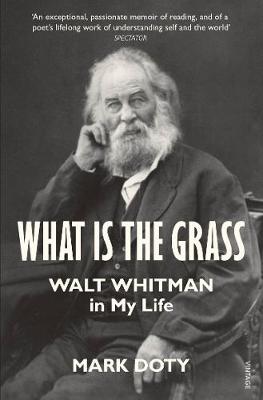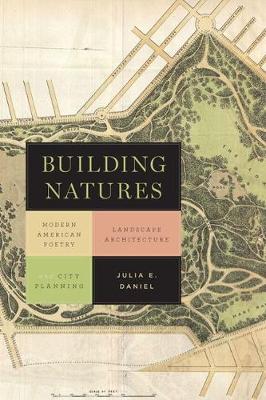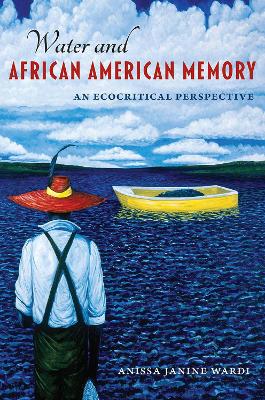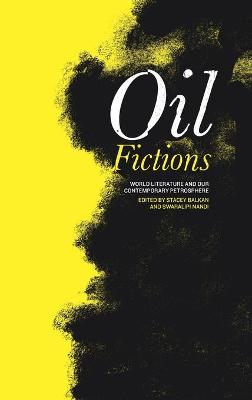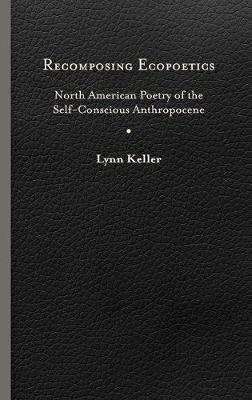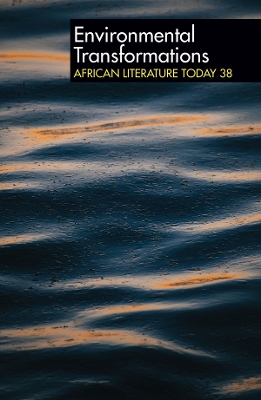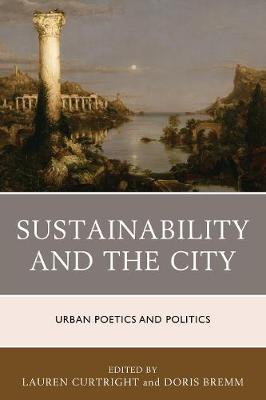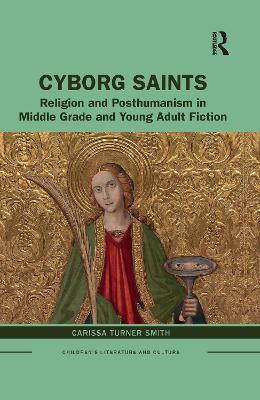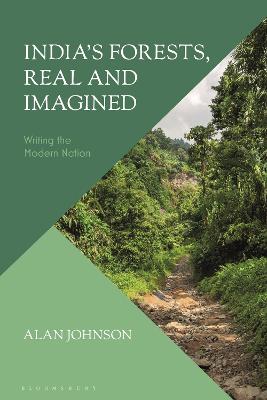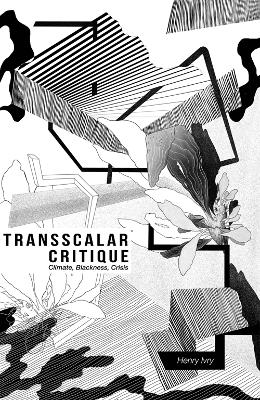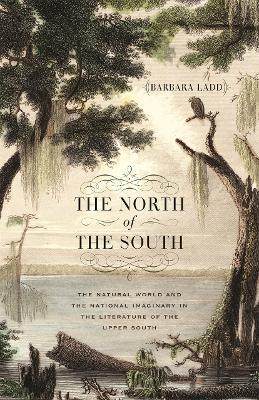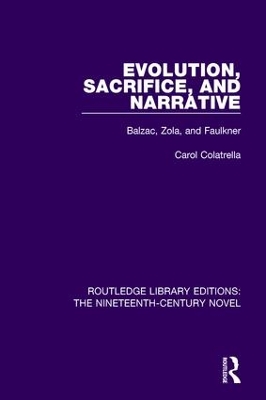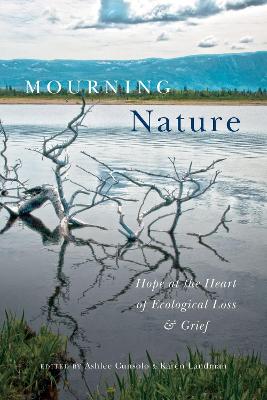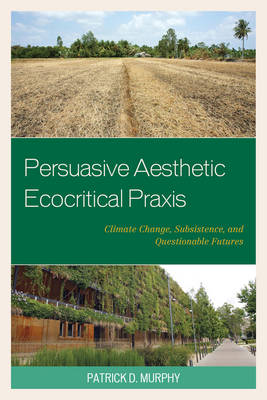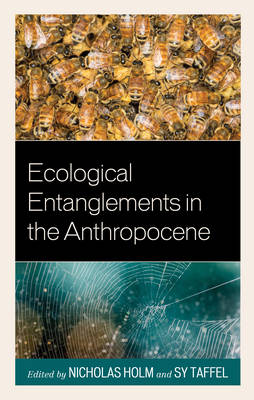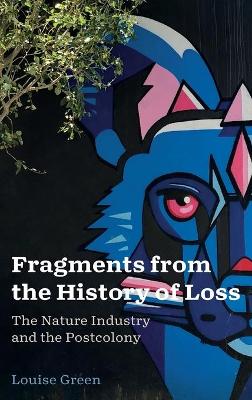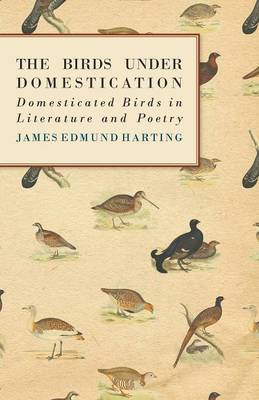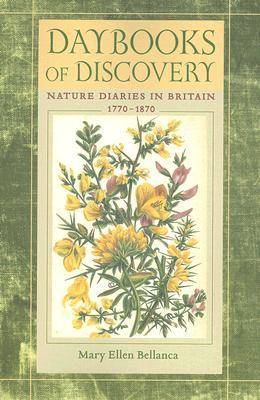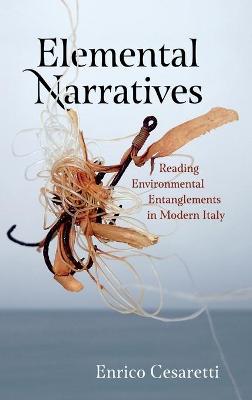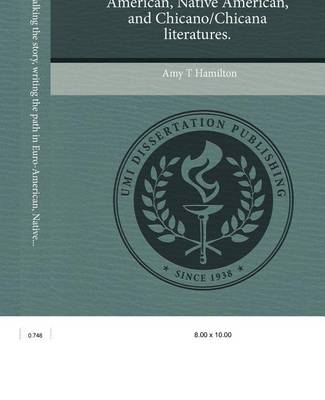'Marvellous. He sends you straight back to the text, makes you feel like you're returning to an old love' GuardianWhat does it mean to be a self?Mark Doty has always felt haunted by Walt Whitman's bold, new American voice, and by his equally radical claims about body and soul. In What Is the Grass keeps company with Whitman and his mutable, landmark work, Leaves of Grass, tracing the resonances between his own experience and the legendary poet's life and work.What is it, then, between us? Whitma...
In Building Natures, Julia Daniel establishes the influence of landscape architecture, city planning, and parks management on American poetry to show how modernists engaged with the green worlds and social playgrounds created by these new professions in the early twentieth century. The modern poets who capture these parks in verse explore the aesthetic principles and often failed democratic ideals embedded in the designers' verdant architectures. The poetry of Carl Sandburg, Wallace Stevens, Wil...
While there is no lack of scholarship on the trans-Atlantic voyage and the Middle Passage as tropes in African diasporic writing, to date there has not been a comprehensive analysis of bodies of water in African American literature and culture. In Water and African American Memory, Anissa Wardi offers the first sustained treatise on watercourses in the African American expressive tradition. Her holistic approach especially highlights the ways that water acts not only as a metaphorical site of t...
Oil Fictions (AnthropoScene)
Oil, like other fossil fuels, permeates every aspect of human existence. Yet it has been largely ignored by cultural critics, especially in the context of the Global South. Seeking to make visible not only the pervasiveness of oil in society and culture but also its power, Oil Fictions stages a critical intervention that aligns with the broader goals of the energy humanities. Exploring literature and film about petroleum as a genre of world literature, Oil Fictions focuses on the ubiquity of oi...
The Achievement of Wendell Berry (Culture of the Land)
by Fritz Oehlschlaeger
The Encyclopedia of Northern Kentucky is the authoritative reference on the people, places, history, and rich heritage of the Northern Kentucky region. The encyclopedia defines an overlooked region of more than 450,000 residents and celebrates its contributions to agriculture, art, architecture, commerce, education, entertainment, literature, medicine, military, science, and sports. Often referred to as one of the points of the "Golden Triangle" because of its proximity to Lexington and Louisvil...
In the first book devoted exclusively to the ecopoetics of the twenty-first century, Lynn Keller examines poetry of what she terms the ""self-conscious Anthropocene,"" a period in which there is widespread awareness of the scale and severity of human effects on the planet. Recomposing Ecopoetics analyzes work written since the year 2000 by thirteen North American poets-including Evelyn Reilly, Juliana Spahr, Ed Roberson, and Jena Osman-all of whom push the bounds of literary convention as they s...
Imperial Russia's large wolf populations were demonized, persecuted, tormented, and sometimes admired. That Savage Gaze explores the significance of wolves in pre-revolutionary Russia utilizing the perspectives of cultural studies, ecocriticism, and human-animal studies. It examines the ways in which hunters, writers, conservationists, members of animal protection societies, scientists, doctors, government officials and others contested Russia's "Wolf Problem" and the particular threat posed by...
ALT 38 Environmental Transformations
by Ernest N. Emenyonu, Cajetan Iheka, and Stephanie Newell
This special issue examines the ways fiction and poetry engage with environmental consciousness, and how African literary criticism addresses the implications of global environmental transformations. Does environmentalist literature offer new possibilities for critical thinking about the future? What constitutes environmentalist fiction and poetry? What kind of texts, themes and topics does climate writing include? Does any text in which the environment features become available to environmental...
Sustainability and the City: Urban Poetics and Politics contributes to third-generation discourse on sustainable development by considering, through a humanistic lens, theories and practices of sustainability in a wide range of urban cultures. It demonstrates cities' inextricability from discussions on sustainability because not only is the world urbanizing at an unprecedented rate but also cities are primary locations of the circulation of excess capital, socioeconomic divisions and hierarchies...
Cyborg Saints (Children's Literature and Culture)
by Carissa Turner Smith
Saints are currently undergoing a resurrection in middle grade and young adult fiction, as recent prominent novels by Socorro Acioli, Julie Berry, Adam Gidwitz, Rachel Hartman, Merrie Haskell, Gene Luen Yang, and others demonstrate. Cyborg Saints: Religion and Posthumanism in Middle Grade and Young Adult Fiction makes the radical claim that these holy medieval figures are actually the new cyborgs in that they dethrone the autonomous subject of humanist modernity. While young people navigate poli...
As they seek to explore evolving and conflicting ideas of nationhood and modernity, India’s writers have often chosen forests as the dramatic setting for stories of national identity. India’s Forests, Real and Imagined explores how these settings have been integral to India sense of national consciousness. Alan Johnson demonstrates that modern writers have drawn on older Indian literary traditions of the forest as a place of exile, trial and danger to shape new ideas of India as a modern nation....
The North of the South (Mercer University Lamar Memorial Lectures)
by Barbara Ladd
Over the past generation the Deep South has become the primary focus, and the plantation the predominant site, in southern literary studies. These developments followed academic interest first in postcolonial studies and more recently in globalization studies and conceptions of the Global South. With The North of the South Barbara Ladd turns her attention to the Upper South, exploring the fluidity of regional boundaries in this part of the world. In so doing she argues for greater attention to...
First published in 1990. Balzac, Zola and Faulkner all drew upon the principles of evolutionary theory to represent man's place in nature and his struggle for survival in their major series La Comedie humaine, Rougon-Macquart and the Yoknapatawpha fiction. This book focuses on the 'first' novels in each author's series (La Pere Goriot, La Fortune des Rougon and Flags in the Dust) and considers how each novel relates to its series and derives a definition of the naturalistic roman-fleuve. To desc...
Mourning Nature
We are facing unprecedented environmental challenges, including global climate change, large-scale industrial development, rapidly increasing species extinction, ocean acidification, and deforestation - challenges that require new vocabularies and new ways to express grief and sorrow over the disappearance, degradation, and loss of nature. Seeking to redress the silence around ecologically based anxiety in academic and public domains, and to extend the concepts of sadness, anger, and loss, Mourn...
Persuasive Aesthetic Ecocritical Praxis (Ecocritical Theory and Practice)
by Mr Patrick D Murphy
Ecological Entanglements in the Anthropocene (Ecocritical Theory and Practice)
This edited collection explores the relationships between humans and nature at a time when the traditional sense of separation between human cultures and a natural wilderness is being eroded. The `Anthropocene,' whose literal translation is the `Age of Man,' is one way of marking these planetary changes to the Earth system. Global climate change and rising sea levels are two prominent examples of how nature can no longer be simply thought of as something outside and removed from humans (and vice...
The Anthropocene's urgent message about imminent disaster invites us to forget about history and to focus on the present as it careens into an unthinkable future. To counter this, Louise Green engages with the theoretical framing of nature in concepts such as the "Anthropocene," "the great acceleration," and "rewilding" in order to explore what the philosophy of nature in the era of climate change might look like from postcolonial Africa. Utilizing a practice of reading developed in the Frankfu...
The Birds Under Domestication - Domesticated Birds in Literature and Poetry
by James Edmund Harting
Beyond Nature Writing (Under the Sign of Nature: Explorations in Ecocriticism)
Ecocriticism, a field of study that has expanded dramatically over the past decade, has nevertheless remained - until recently - closely focused on critical analyses of nature writing and literature of wilderness. Karla Armbruster and Kathleen R. Wallace push well beyond that established framework with this groundbreaking collection of essays by respected ecocritics and scholars from the literary and environmental arenas. Together, their work signals a new direction in the field and offers refre...
Rooted in a thriving culture of amateur natural history, the keeping of nature journals and diaries flourished in late-eighteenth-and early-nineteenth-century Britain. As prescientific worldviews ceded to a more materialist outlook informed by an explosion of factual knowledge, lovers of nature both famous and obscure began to use daily composition as a quest for information about and a celebration of their surroundings. A central site of encounter, discovery, and expression, nature diaries took...
Over the past century, the Italian landscape has undergone exceedingly rapid transformations, shifting from a mostly rural environment to a decidedly modern world. This changing landscape is endowed with a narrative agency that transforms how we understand our surroundings. Situated at the juncture of Italian studies and ecocriticism and following the recent "material turn" in the environmental humanities, Elemental Narratives outlines an original cultural and environmental map of the bel paese....
Peregrinate: To travel or wander around from place to place. The land of the United States is defined by vast distances encouraging human movement and migration on a grand scale. Consequently, American stories are filled with descriptions of human bodies walking through the land. In Peregrinations, Amy T. Hamilton examines stories told by and about Indigenous American, Euroamerican, and Mexican walkers. Walking as a central experience that ties these texts together-never simply a metaphor or a...
